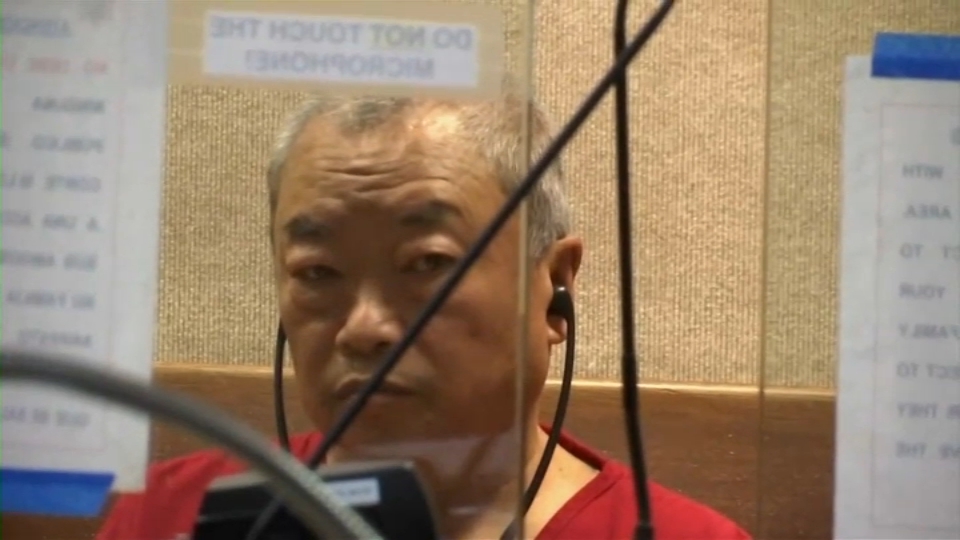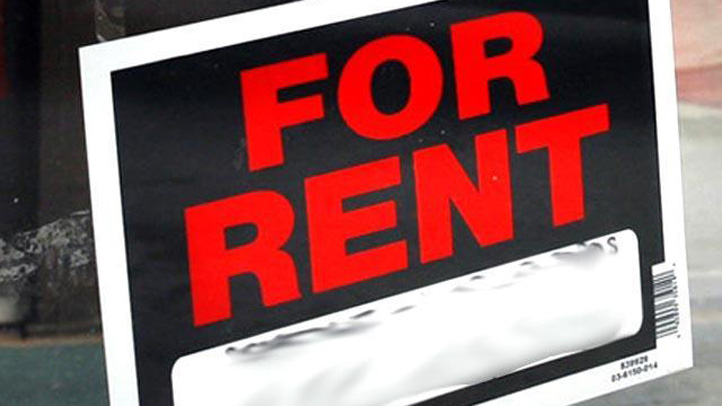It's got a catchy new name, the "East Cut," paying tribute to San Francisco's history near the waterfront. But now some people in that district, which includes the most expensive zip code in San Francisco, want to know where their extra taxpayer dollars are going.
East Cut staffers in bright-colored shirts service an area largely sandwiched between the Financial District, Embarcadero and South Beach. Residents on average pay an extra $120 in taxes for the services. As signs around the neighborhood will tell you, woolly mammoths once roamed this historic part of the city and there is even a tooth to prove it. Some residents now feel they have a mammoth-sized problem.
"I do think if we have all of these East Cut members, staffers on the streets every day, we shouldn't be seeing such high property crime," East Cut resident Nicole Garay said. "We have car break-ins every single day, multiple times a day."
Dog walker Krista Garverick said she avoided a a near assault at a dog park last month just outside the East Cut District, but that security issues stretch throughout the area.
"I've lived in this neighborhood for three years, it's in a decline rather than progressively improving," Garverick said. "It's just getting worse and worse. I am very disappointed."
Andrew Robinson, executive director for the East Cut Community Benefit District, said two-to-four person crews watch over the neighborhood from 8 p.m. until 6:30 a.m.
"We actually have a private security team that has guard cars and are trained security guards that actually patrol the neighborhood on foot for the beginning of their shift, and then by car," Robinson said.
Local
Robinson said the district's $4 million budget goes to several pots: more than $1 million to public safety, $900,000 to cleaning and maintenance, and more than $2 million for parks and green space -- mostly earmarked for the Transbay Transit Center Park.
"We are not replacing police services," Robinson said. "In fact, the CBD can't detain anybody. We're mostly a deterrent than we are anything. But we certainly make calls to SFPD."
Robinson said the proof is in the results -- more than 100,000 pounds of trash picked up this year and safer streets.
But businesses like Gaby's Market and Deli on Harrison Street, which has been burglarized three times in the last six months, questions the effectiveness of that deterrence.
The balance of benefits versus results is a conversation in this booming part of San Francisco.



